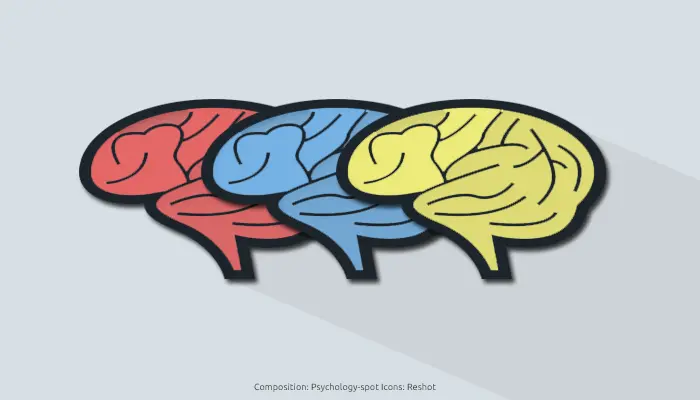
The human mind is amazing, the more we scrutinize it, reveals more secrets. However, perhaps even most fascinating are its contradictions. And we like to think to be very rational and logical people but as a matter of fact we are deeply emotional beings, full of contradictions and highly sensitive to seemingly irrelevant environmental stimuli. In fact, our beliefs, perceptions and desires often play tricks on us and tend traps to our brain, traps that we weave ourselves.
1. Read faster when the lines are long, but prefer short lines
Have you ever chosen the length of a line to read on the screen? Do you prefer a long line of 100 characters or short, about 50? Most of the people prefer to read short lines. However, we read faster when they are long.
Studies realized at the University of Reading and Wichita have shown that about 100 characters lines are an ideal length for reading at a good speed. However, we prefer much shorter lines (between 45 and 72 characters). Additionally, this experiment also appreciated that we read faster when the text has a single column than when it is distributed in multiple columns. Anyway, we prefer the texts of two or three columns.
Although, perhaps most interesting is that the people who participated in that study were convinced that short lines and different columns facilitated reading. When in fact the data showed that it was not. Surely this is a trick of our perception, which makes us believe that what is most attractive, is also more affordable.
2. We want more options than our brain can process
Everyone likes to have many options. When we go to the supermarket we love having different brands and apparel to choose from. In fact, if we do not have many options, we can even feel frustrated. However, several studies have shown that we tend to want more options than we can process.
A study conducted at Columbia University tested how many options we can handle at once. In a fruit shop, the researchers placed first a table with 6 jars of jam, which later became 24. The funny thing was that the table with as many options received 60% of visits, the other only 40%. However, 31% of people who stopped at the table with 6 jars of jam, bought some product. But only 3% of those who stopped at the table with 24 jars purchased any.
This means that although we are attracted by multiple choices actually our brain can only handle 3 or 4 at a time. Therefore, when we have too many alternatives, we block, literally. So if less is more, why we have many options? These psychologists are convinced that it has to do with dopamine, because apparently, our brain is an information junkie, but then have a limited capacity for processing.
3. The more insecure we feel, the more we will defend our ideas
It has happened to all, although perhaps we’ve not been aware of it. However, the theory of cognitive dissonance suggest that we feel very uncomfortable when we have two ideas that contradict each other. As a result, and to eliminate the feeling that bothers us, we cling to an idea and defend it. This phenomenon is known as “denial of cognitive dissonance”.
A study of the Northwestern University asked a group of people to comment on their views on the different diets and indicate how confident they felt. However, before they begin, some of them were asked to evoke a time of their lives in which they had felt very insecure while others were called otherwise, to recall them a secure event. This way psychologists tried to generate the feeling of security/insecurity. Interestingly, people who felt insecure were those to defended and discussed the most their positions.
Without any doubt, the feeling of lack of control creates insecurity and makes us want to hold on to anything, even to opinions that in another context, we would not be defending so vehemently. Moreover, it has been appreciated that the more we defend an idea, the most are activated those brain regions associated with emotions and reward. So holding on to that idea makes us feel good, although we are not fully agree.
Sources:
Gal, D. & Rucker, D. (2010) When in Doubt, Shout! Paradoxical Influences of Doubt on Proselytizing. Psychological Science; 21(11): 1701-1707.
Van Veen, V. et. Al. (2009) Neural activity predicts attitude change in cognitive dissonance. Nature Neuroscience; 12 (11): 1469–1474.
Sheikh, A. D. (2005) The Effects of Line Length on Reading Online News. Usability News; 7(2).
Iyengar, S. S. & Lepper, m. R. (2000) When choice is demotivating: Can one desire too much of a good thing? Journal of Personality and Social Psychology; 79(6): 995-1006.
Dyson, M. C. & Kipping, G. J. (1997) The legibility of screen formats: Are three columns better than one? Computers & Graphics; 21(6): 703–712.



